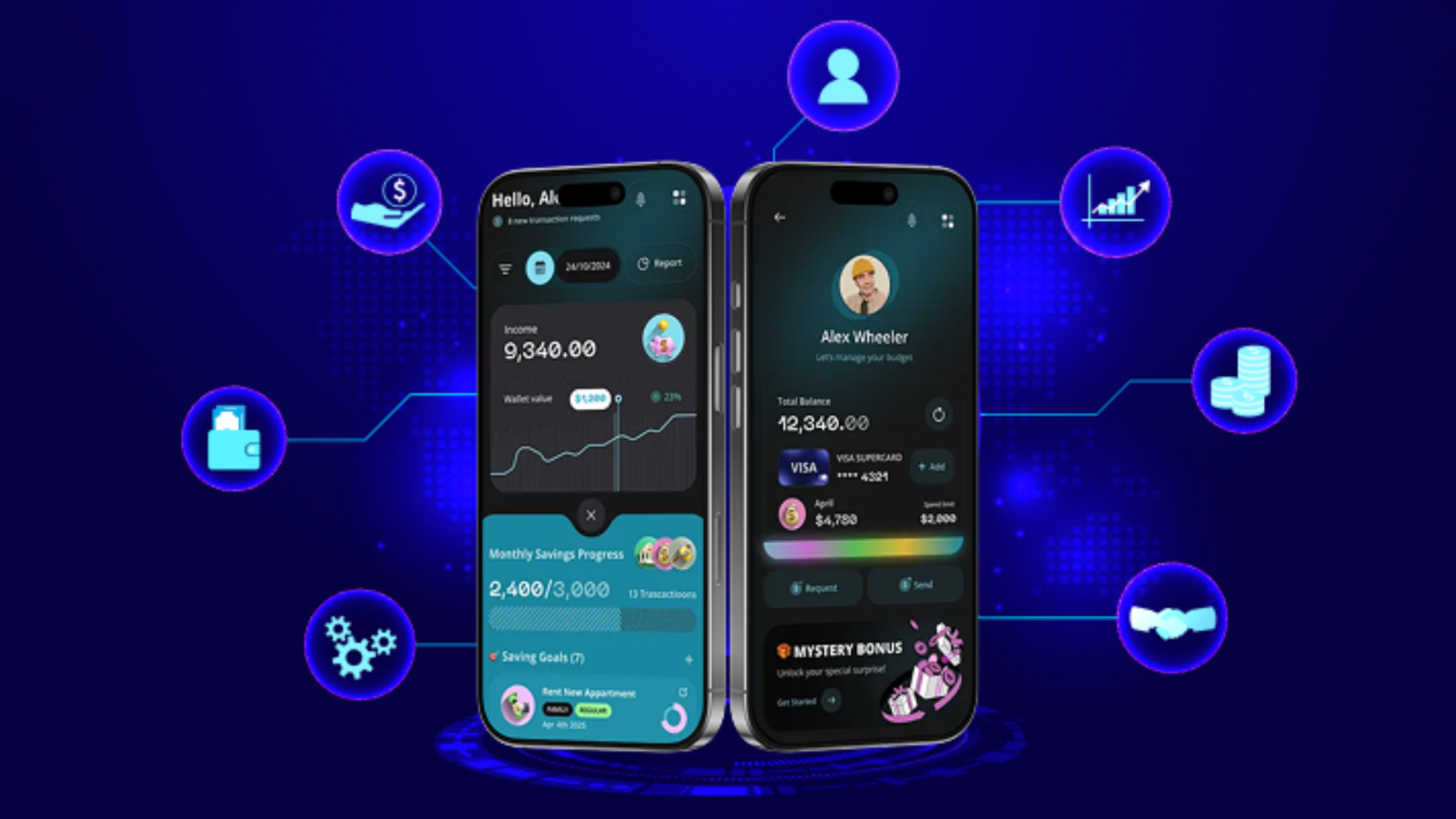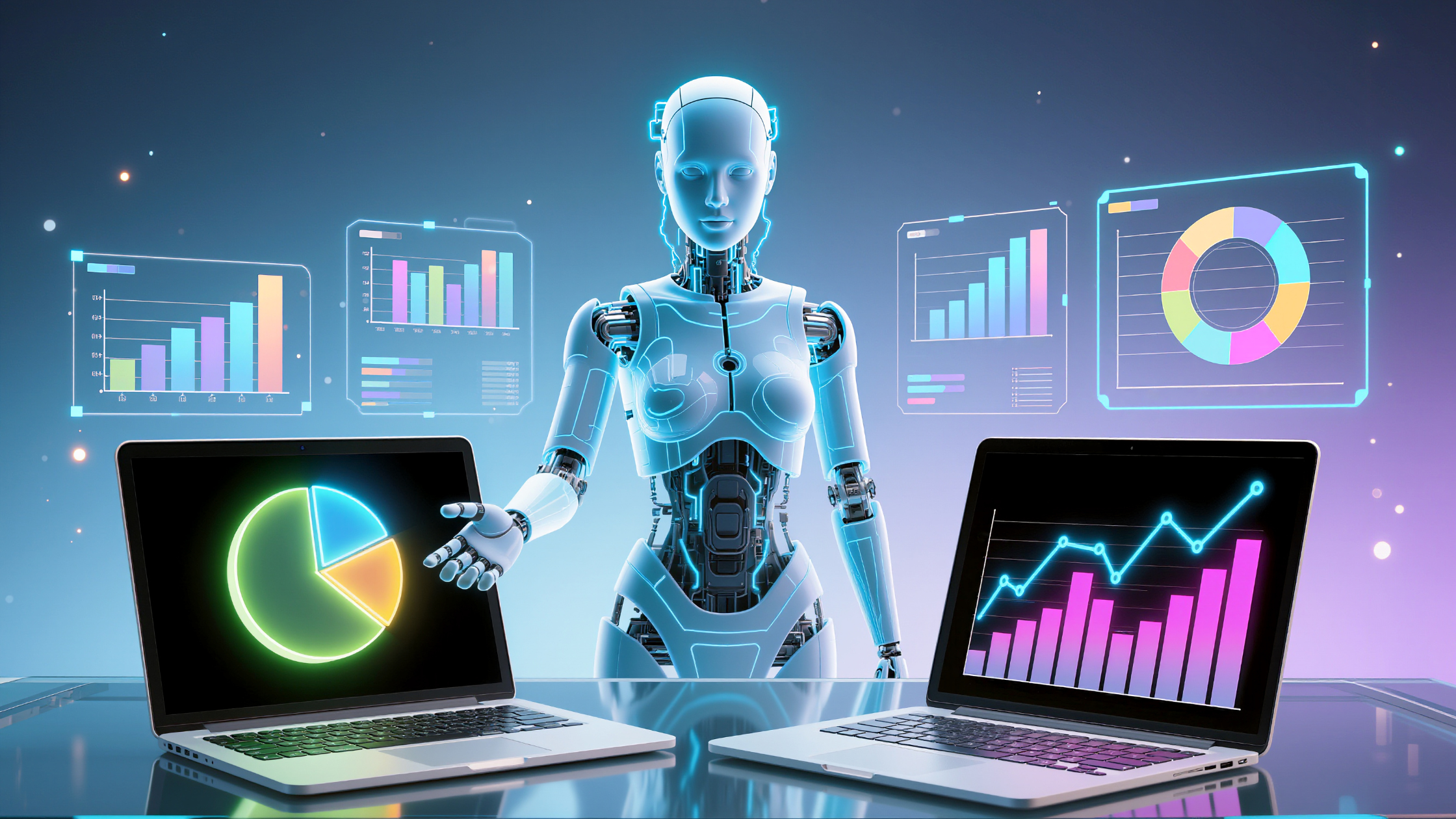The integration of Artificial Intelligence (AI) into DevOps practices is transforming the landscape of software development. This powerful combination, often referred to as AIOps or AI-driven DevOps, is revolutionizing how teams build, deploy, and maintain software systems. In this blog post, we’ll explore the ways AI is reshaping DevOps and the profound impact it’s having on software development processes.
1. Predictive Analytics for Proactive Problem Solving
One of the most significant contributions of AI to DevOps is in the realm of predictive analytics. By analyzing vast amounts of historical data, AI algorithms can predict potential issues before they occur, allowing teams to take proactive measures.
How it works:
– AI models analyze patterns in system logs, performance metrics, and incident reports.
– These models can identify anomalies that may lead to future problems.
– DevOps teams receive alerts and can address issues before they impact users.
Impact:
This proactive approach significantly reduces downtime, improves system reliability, and enhances user experience. It shifts the focus from reactive firefighting to strategic problem prevention.
2. Automated Code Review and Quality Assurance
AI is revolutionizing the code review process, traditionally a time-consuming and sometimes subjective task.
How it works:
– AI-powered tools can analyze code for potential bugs, security vulnerabilities, and style inconsistencies.
– Machine learning models can learn from past code reviews to provide increasingly accurate suggestions.
– These tools can automatically fix simple issues, freeing up developers to focus on more complex problems.
Impact:
This automation accelerates the development process, improves code quality, and ensures more consistent adherence to coding standards across large teams.
3. Intelligent Monitoring and Log Analysis
AI is enhancing system monitoring and log analysis, making it easier to manage complex, distributed systems.
How it works:
– AI algorithms can process and analyze vast amounts of log data in real-time.
– These systems can identify patterns and correlations that might be missed by human analysts.
– Machine learning models can adapt to the unique characteristics of each system, improving detection accuracy over time.
Impact:
This intelligent monitoring allows teams to quickly identify the root causes of issues, reducing mean time to resolution (MTTR) and improving overall system stability.
4. Automated Testing and Continuous Integration
AI is transforming software testing by making it more efficient and comprehensive.
How it works:
– AI can generate test cases based on code changes, ensuring thorough coverage.
– Machine learning models can predict which tests are most likely to fail, allowing for prioritized testing.
– AI can analyze test results to identify patterns in failures and suggest potential fixes.
Impact:
This approach to testing reduces the time and resources required for quality assurance while improving test coverage and effectiveness.
5. Intelligent Capacity Planning and Resource Allocation
AI is helping DevOps teams optimize resource allocation and capacity planning in cloud environments.
How it works:
– AI models analyze usage patterns and predict future resource needs.
– These systems can automatically scale resources up or down based on predicted demand.
– Machine learning algorithms can optimize resource allocation across complex, multi-cloud environments.
Impact:
This intelligent resource management leads to cost savings, improved performance, and more efficient use of cloud resources.
6. Enhanced Security through AI-Driven Threat Detection
AI is bolstering DevSecOps practices by improving threat detection and response.
How it works:
– AI models can analyze network traffic and system behavior to identify potential security threats.
– Machine learning algorithms can adapt to new types of attacks, improving detection over time.
– AI-powered systems can automate responses to common security issues, reducing response times.
Impact:
This AI-driven approach to security enhances an organization’s ability to protect against evolving cyber threats, reducing the risk of breaches and data loss.
7. Automated Incident Response and Self-Healing Systems
AI is enabling the development of self-healing systems that can automatically respond to and resolve certain types of incidents.
How it works:
– AI models analyze incident data to identify patterns and effective resolution strategies.
– These systems can automatically implement fixes for known issues without human intervention.
– For more complex issues, AI can provide guided resolution steps to human operators.
Impact:
This automation reduces system downtime, decreases the workload on operations teams, and improves overall system reliability.
8. Natural Language Processing for Improved Collaboration
AI-powered natural language processing (NLP) is enhancing collaboration within DevOps teams.
How it works:
– NLP can analyze team communications to identify important issues or recurring themes.
– AI chatbots can answer common questions, provide documentation, and assist with routine tasks.
– NLP can help in creating and maintaining documentation by extracting key information from various sources.
Impact:
This improved collaboration leads to better knowledge sharing, faster onboarding of new team members, and more efficient problem-solving.
9. AI-Driven Release Management
AI is optimizing the release management process, helping teams make data-driven decisions about when and how to deploy new features.
How it works:
– AI models can analyze historical release data to predict the potential impact of new releases.
– These systems can recommend optimal release windows based on user traffic patterns and system load.
– AI can automate the rollback process if issues are detected post-release.
Impact:
This approach to release management reduces the risk associated with new deployments and improves the overall stability of production systems.
10. Continuous Learning and Process Improvement
Perhaps most importantly, AI is enabling a cycle of continuous learning and improvement in DevOps practices.
How it works:
– AI systems can analyze the effectiveness of various DevOps practices over time.
– Machine learning models can identify bottlenecks and inefficiencies in development and deployment processes.
– These systems can suggest process improvements based on data-driven insights.
Impact:
This continuous improvement cycle leads to ever-evolving, increasingly efficient DevOps practices.
Conclusion
The integration of AI into DevOps is not just an incremental improvement; it’s a paradigm shift in how software is developed, deployed, and maintained. By automating routine tasks, providing data-driven insights, and enabling predictive problem-solving, AI is allowing DevOps teams to focus on higher-value activities that drive innovation and improve user experiences.
However, it’s important to note that AI in DevOps is not a silver bullet. Its effective implementation requires a thoughtful approach, considering factors such as data quality, model training, and the specific needs of each organization. Moreover, as AI systems become more integral to DevOps processes, it’s crucial to maintain transparency and accountability in how these systems make decisions.
Looking ahead, we can expect AI to play an even more significant role in DevOps. As AI technologies continue to advance, we’ll likely see more sophisticated predictive capabilities, increased automation, and AI systems that can make complex decisions autonomously.
For DevOps professionals, this means a shift in required skills. While technical expertise will always be valuable, the ability to work alongside AI systems, interpret their outputs, and make strategic decisions based on AI-generated insights will become increasingly important.
The revolution of AI in DevOps is just beginning, and its full potential is yet to be realized. As organizations continue to explore and implement these technologies, we can look forward to a future of software development that is more efficient, reliable, and innovative than ever before.







